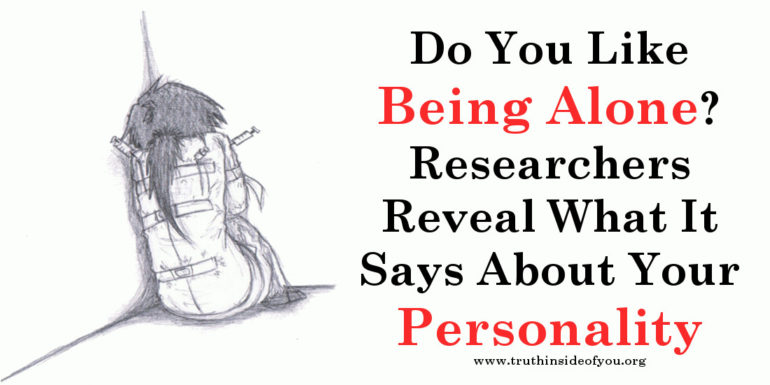One in four people resents being made to do throughout their lives. Society teaches us to reject those who prefer being alone. They’re not like everyone else so we’re taught to call them names and reject them for being different. But science tells us that there’s a lot more to introverts than we think.
The day we enter school for the first time is the day of our official entry into society. We’re expected to mingle and make conversation, even if quite a few of us absolutely hate having to do so.
What does research say for those who prefer being alone?
1. Introverts don’t dislike other human beings
There’s an exception to every rule and there have been bizarre characters like Ted Kaczynski, the Unabomber, who hated the world. But most introverts enjoy the company of other, provided they’ve had the time to get to know them. They’re not really comfortable with meaningless chatter but they are ready to open up to those whom they are close to.
2. Introverts are not narrow-minded
People tend to think that someone who doesn’t say much is quietly judging but. However, this is hardly ever true. Just because they like having time to spend in solitude doesn’t mean they are narrow-minded.
3. Introverts are mentally sound
In most psychological tests that deal with personalities, the term ‘neurotic’ is used when talking about negative emotions like stress, depression, rage, and so on. People connect being introverted with being neurotic but the thought processes for the two are very different. For example, when a neurotic person goes to a social event, they’ll dread it because they think no one will like them. An introvert just wants to go home.
4. Introverts listen and they listen well
Being a good listener is extremely important especially for those who regularly address large audiences, participate in meetings, negotiate terms, or even if they just need to be there for a friend. Introverts naturally listen more than they talk. Rather than making unnecessary additions to the discussion, they analyze all that is said in their minds. The only time they don’t do this is when they are forced to be part of meaningless chatter.
5. Introverts get worked up now and then
This is also because their brains are wired differently. Their brains produce less dopamine, the hormone that motivates people to work for rewards that are tangible like a promotion or a relationship. Introverts have more acetylcholine which makes them look towards themselves for their happiness. They prefer to distance themselves after a while if they are in an environment that is too crowded and noisy.









